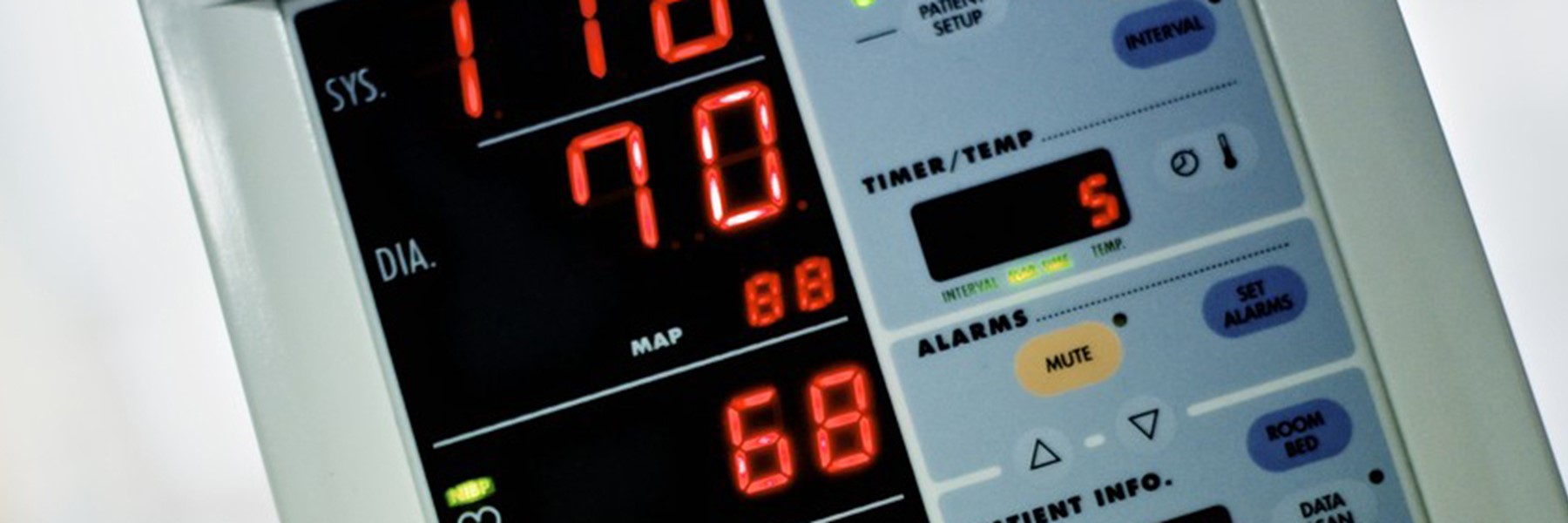Exercise Tolerance Test (Treadmill)
Also known as a cardiac stress test, an exercise tolerance test is helpful in understanding how the heart copes with exercise by monitoring your heart's activity. It is required to detect the presence of coronary artery disease as it can show if the blood supply is reduced to the heart. Coronary artery disease occurs when the heart's vessels become partially blocked or narrowed by the build-up of fatty materials preventing the heart from receiving the blood it needs to function properly. Treadmill tests are routinely ordered to follow a patient's progress after a heart attack, an angioplasty, coronary by-pass surgery and to evaluate the effectiveness of medication in patients with known coronary artery disease.
Preparation
- Do not eat, drink or smoke two hours before the test
- Do not have any caffeine 24 hours before the test - this includes decaffeinated coffee, tea, chocolate and all cola drinks and soft drinks containing caffeine
- Do wear comfortable clothing and shoes
- Do stop taking Beta-Blocker medications 24 hours before the test
- Do bring a list of your current medication to the procedure
Procedure
After you arrive for your test several small pads (electrodes) will be placed on your chest to record your heartbeat. Your blood pressure is also monitored. You then begin walking at a slow rate and slight incline on the treadmill. Every three minutes the treadmill will go a little faster and the incline will increase. The time on the treadmill is different for everyone depending on their age and ability to exercise. After stopping the test, you will sit or lie down to have your heart and blood pressure checked. The procedure normally takes approximately 30 minutes.
